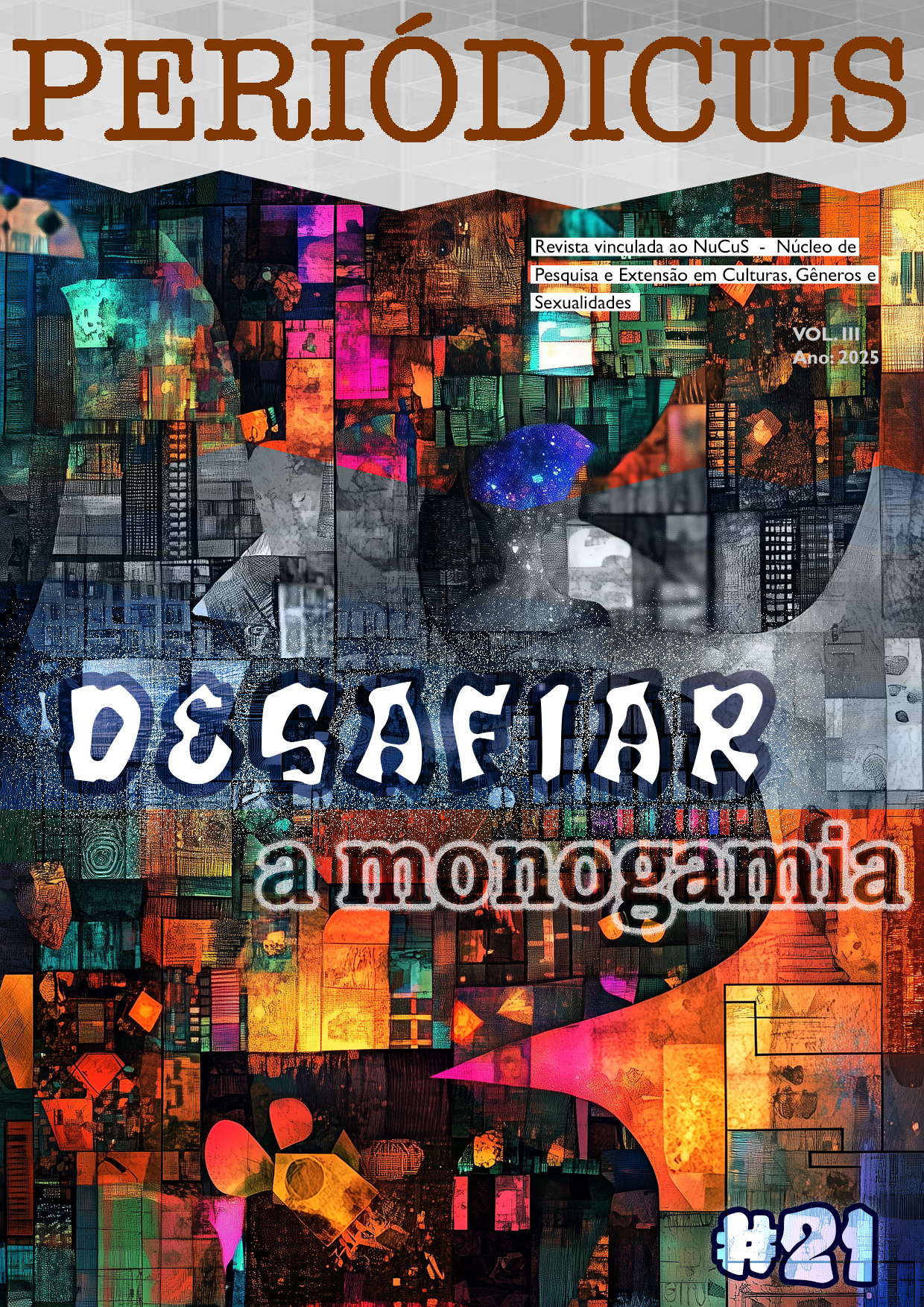How many disorders do we need to escape from?
production of biodiagnostics and bioidentities
DOI:
https://doi.org/10.9771/peri.v3i21.64637Abstract
Our society follows the tradition of mapping our bodies with unnatural rulers to “justify” unequal prescriptions: they violate our rights, causing disruptions in our lives, while marking us as disturbed. In this scenario, it has been very common for people to receive diagnoses of some kind of mental disorder instead of reparation, as if reactions to these conditions were the result of bio-neuro-psychological issues. Without disregarding that in some situations, in this structure, diagnoses can be important for guaranteeing rights, functioning as a “rite of passage”, of displacement and resignification of experiences, we will seek to consider some relationships between the medicalization of life and the production of biodiagnoses and bioidentities at the intersections of race, gender, sexuality and economic status. Our methodological strategy composes autobiographical traits in dialogue with references accessed in our transits on social networks, especially at the university, in social movements and on Instagram.
Downloads
Downloads
Published
How to Cite
Issue
Section
License
Copyright (c) 2025 Tito Carvalhal

This work is licensed under a Creative Commons Attribution-NonCommercial 4.0 International License.
Authors who publish in this journal agree to the following terms:
Authors retain copyright and grant the journal the right of first publication, with the work simultaneously licensed under a Creative Commons Attribution Noncommercial License that allows the work to be shared with acknowledgment of authorship and initial publication in this journal, but prohibits commercial use.
Authors are authorized to enter into separate additional contracts for non-exclusive distribution of the version of the work published in this journal (e.g., publishing in an institutional repository or as a book chapter), with acknowledgment of authorship and initial publication in this journal.
Authors are permitted and encouraged to publish and distribute their work online (e.g., in institutional repositories or on their personal website) at any point before or during the editorial process, as this can generate productive changes and increase the impact and citation of the published work (see The Effect of Open Access).








